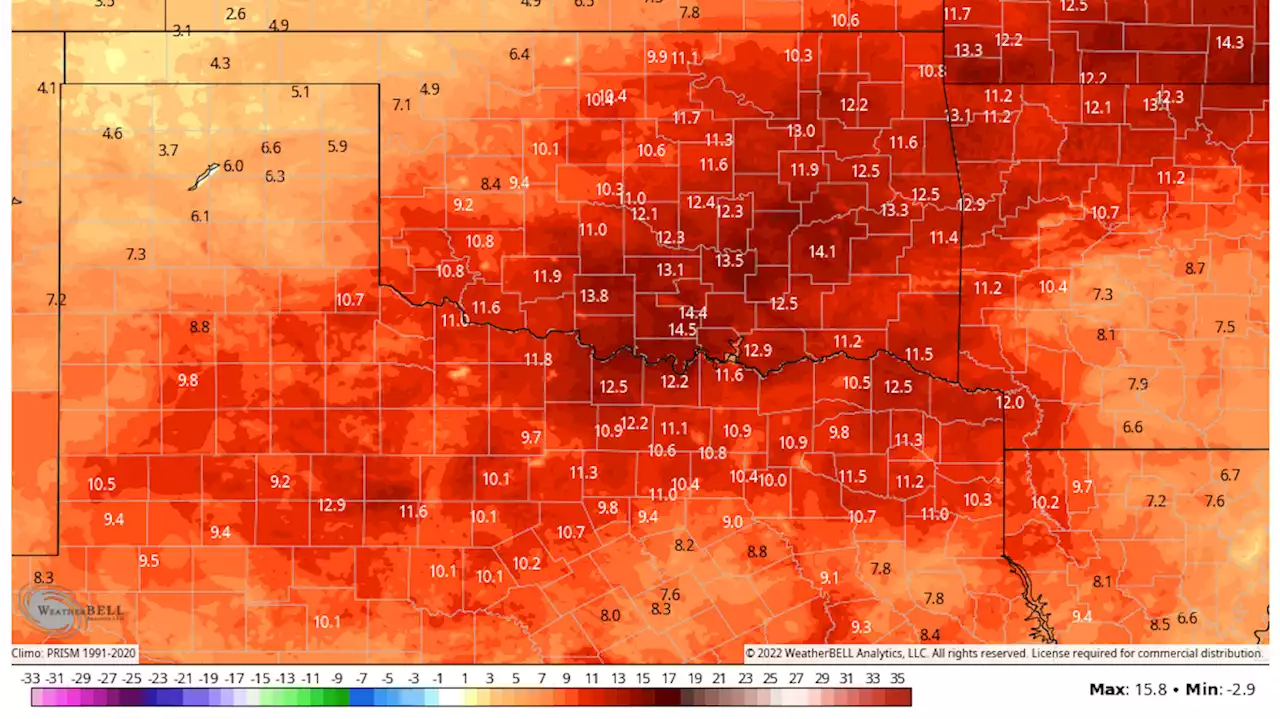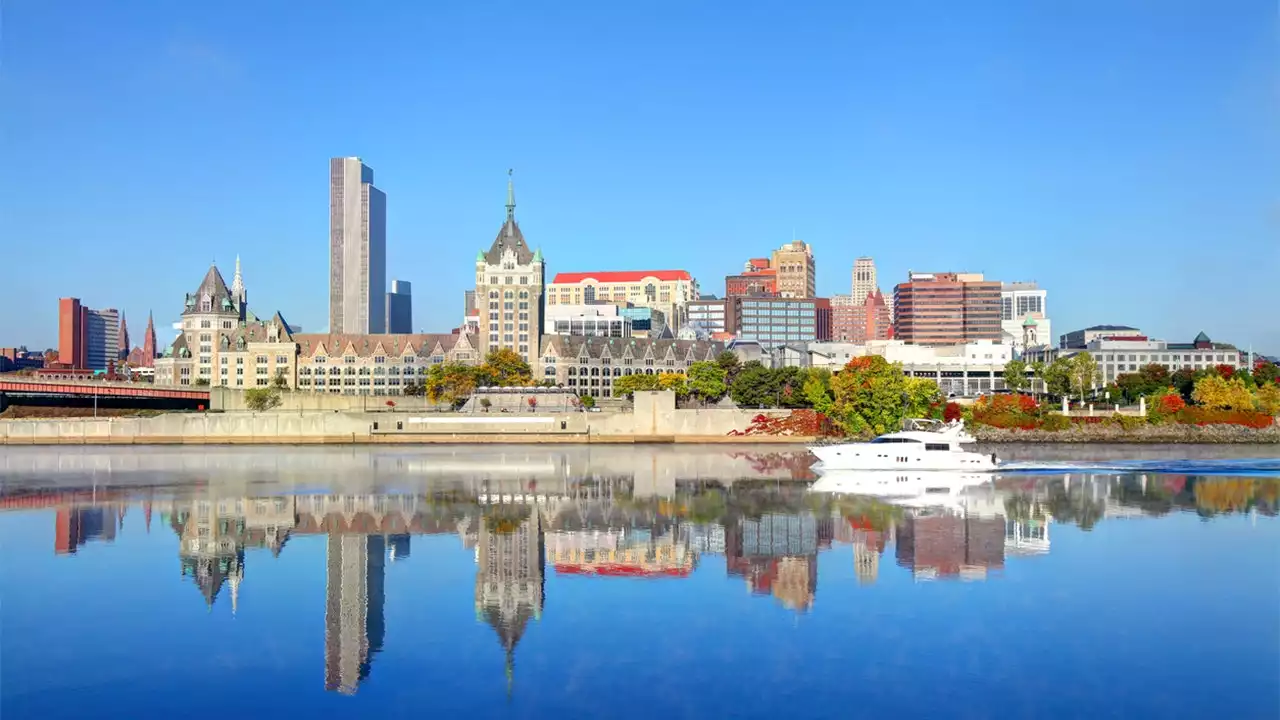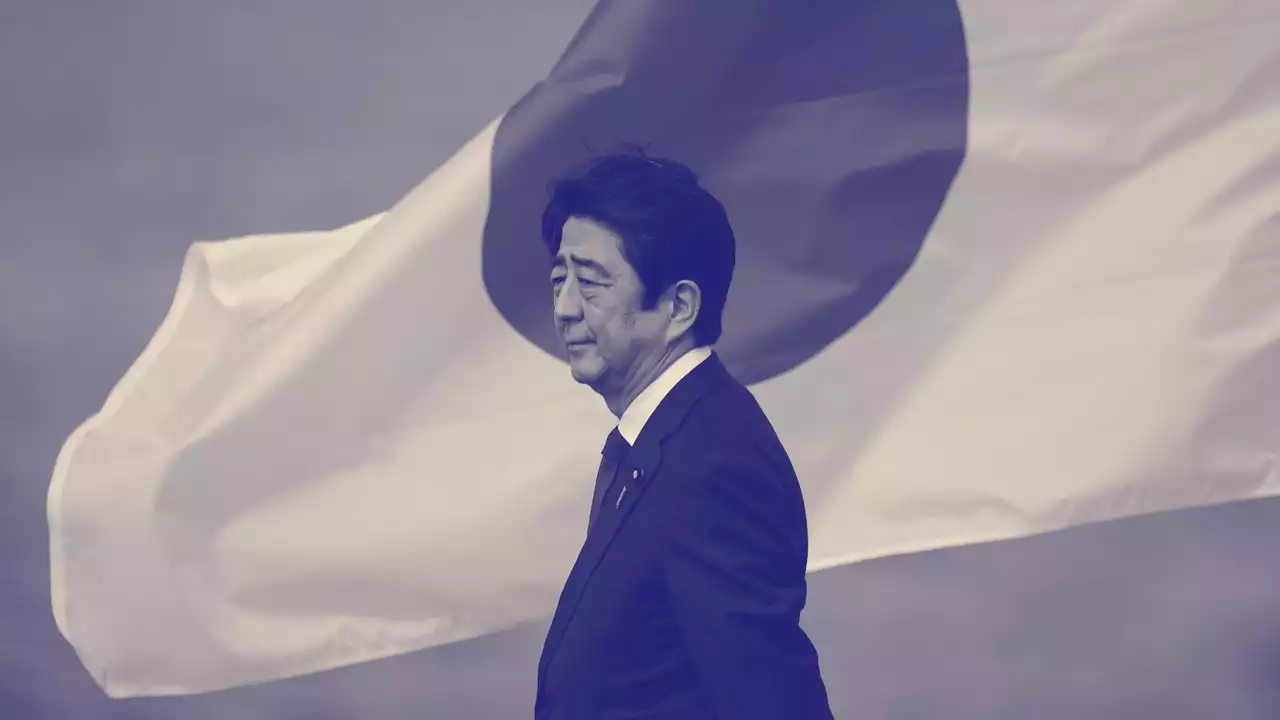“The amount of excess reserve in the United States is 2,000 times the amount at the time of the Lehman crisis, in 2008,” the chief economist at Nomura Research Institute says. “That’s why it’s so difficult to tighten monetary policy.”
Shinzo Abe, the former Japanese Prime Minister, was assassinated last week in the city of Nara. During his second stint in power, from 2012 to 2020, Abe embarked on a domestic agenda known as Abenomics. Japan had been plagued by a long period of deflation and anemic growth, and Abe’s policies aimed to reverse both trends.
So he tried to solve the problem, and the exchange rate responded. But inflation rates remained well below target, and the economy also remained lacklustre, indicating that the monetary policy was far from effective—the Japanese economy was nowhere near the textbook world. I would argue that Abenomics did a little at the beginning in terms of correcting this extraordinarily strong yen, but the rest was not a problem that Abenomics could solve.
Why was that the case? For the past thirty years, the biggest problem in Japan has been that the household sector is still saving money, as it did for the past five thousand years, but the corporate sector, which used to borrow money, stopped borrowing after the bursting of the bubble [in the nineties], and continues to refuse to borrow money today. When the bubble burst, commercial-real-estate prices fell eighty-seven per cent nationwide.
There are two answers. Whether it’s in the United States or in Japan, average people don’t want to hear about large government budget deficits, right? Especially if you have Republicans in power in the United States, they say you don’t want to use your grandchildren’s credit card and things like that. We were told this in our economics classes during our college days. I don’t know how old you are, but I’m sixty-eight.
Well, now it’s about 2.1 per cent. I think that’s the latest number. Since Japan has to import all its energy, quite a bit of food supplies, and a lot of raw materials, all of which are rising in price very rapidly, a lot of people are going through very difficult times. But, over all, it’s only 2.1 per cent. If you just look at the food and energy prices, of course, some of them are going at double-digit rates.
Japan is suffering from high fuel and food prices like every other country. With the falling yen, the average consumer in Japan may be suffering even more than the average consumer elsewhere. Relying on monetary policy to get the inflation rate up when borrowers have their balance-sheet problems is completely counterproductive. That’s what I was telling you up to now, right?In spite of that, they are putting all this money into the banking system.
Brasil Últimas Notícias, Brasil Manchetes
Similar News:Você também pode ler notícias semelhantes a esta que coletamos de outras fontes de notícias.
 Why California bans state-funded travel to nearly half of statesIn 2016, amid national outcry over a North Carolina law preventing transgender people from using restrooms that aligned with their gender identity, California countered with its own legislation.California lawmakers banned
Why California bans state-funded travel to nearly half of statesIn 2016, amid national outcry over a North Carolina law preventing transgender people from using restrooms that aligned with their gender identity, California countered with its own legislation.California lawmakers banned
Consulte Mais informação »
 Plains states swelter with 100 million under heat warningsThe heat in the Plains will branch out this week as it reaches a peak.
Plains states swelter with 100 million under heat warningsThe heat in the Plains will branch out this week as it reaches a peak.
Consulte Mais informação »
 The best, worst states for teen drivers in 2022: reportWalletHub found the best and worst states for teen drivers this year, based on their safety, economic environment and driving laws. The report found that New York was the best state.
The best, worst states for teen drivers in 2022: reportWalletHub found the best and worst states for teen drivers this year, based on their safety, economic environment and driving laws. The report found that New York was the best state.
Consulte Mais informação »
 Housing: Blue states make it ‘difficult to build,’ red states ‘allow’ markets to meet demand, says NYT podcastNYT's Ezra Klein Show published an episode that featured economist Jenny Schuetz. During the podcast, Schuetz said 'blue states' have a housing affordability problem.
Housing: Blue states make it ‘difficult to build,’ red states ‘allow’ markets to meet demand, says NYT podcastNYT's Ezra Klein Show published an episode that featured economist Jenny Schuetz. During the podcast, Schuetz said 'blue states' have a housing affordability problem.
Consulte Mais informação »
